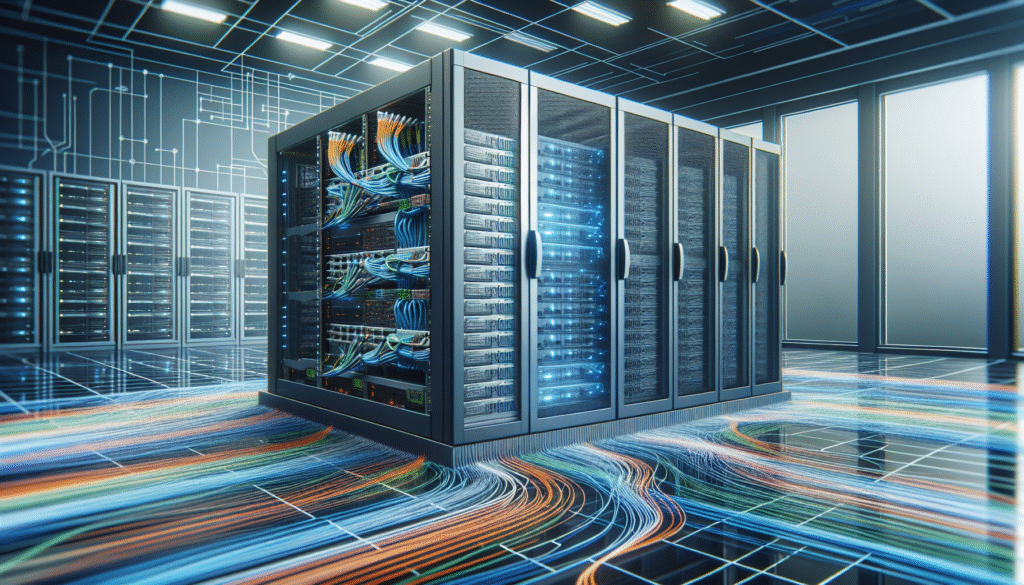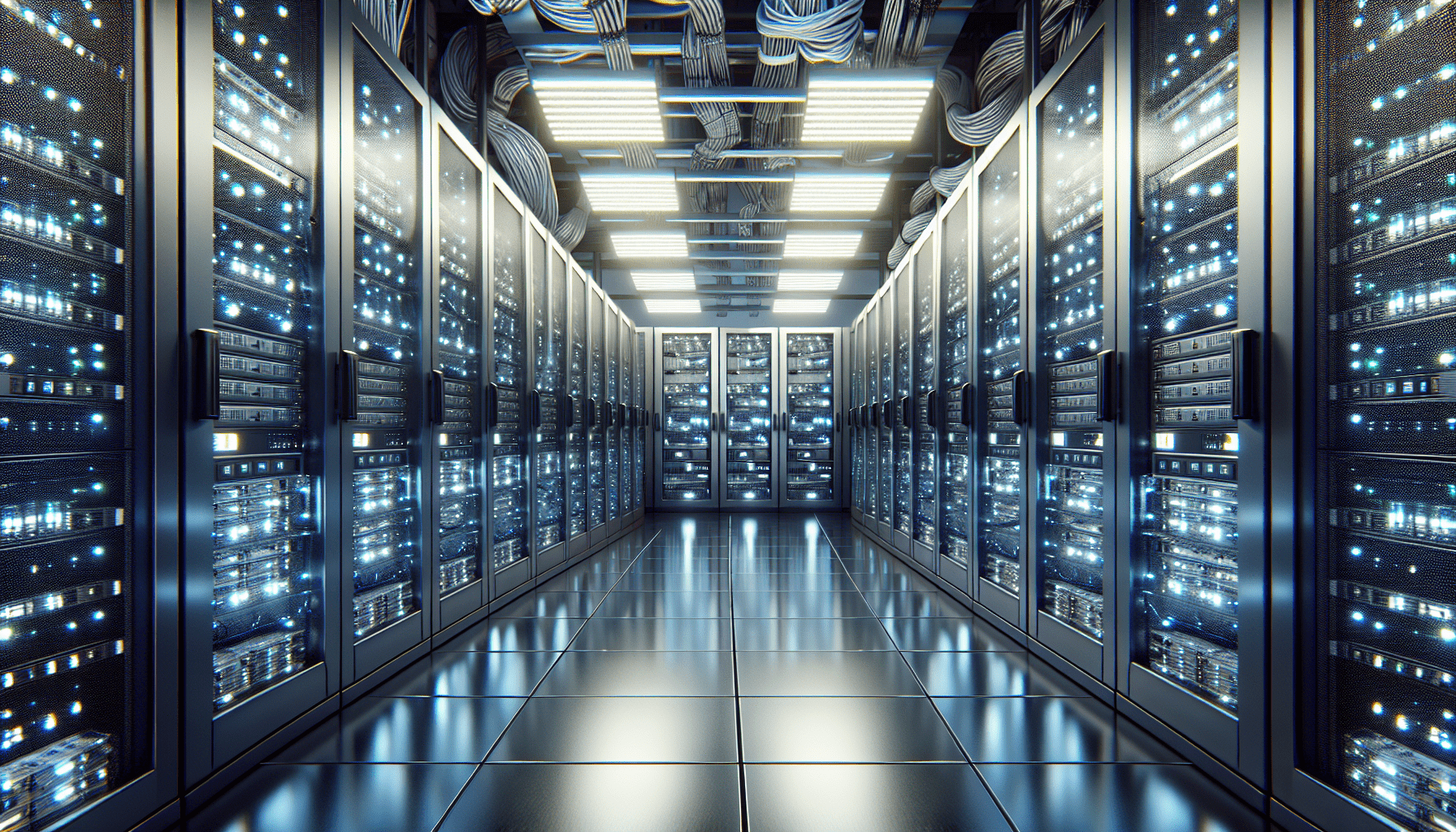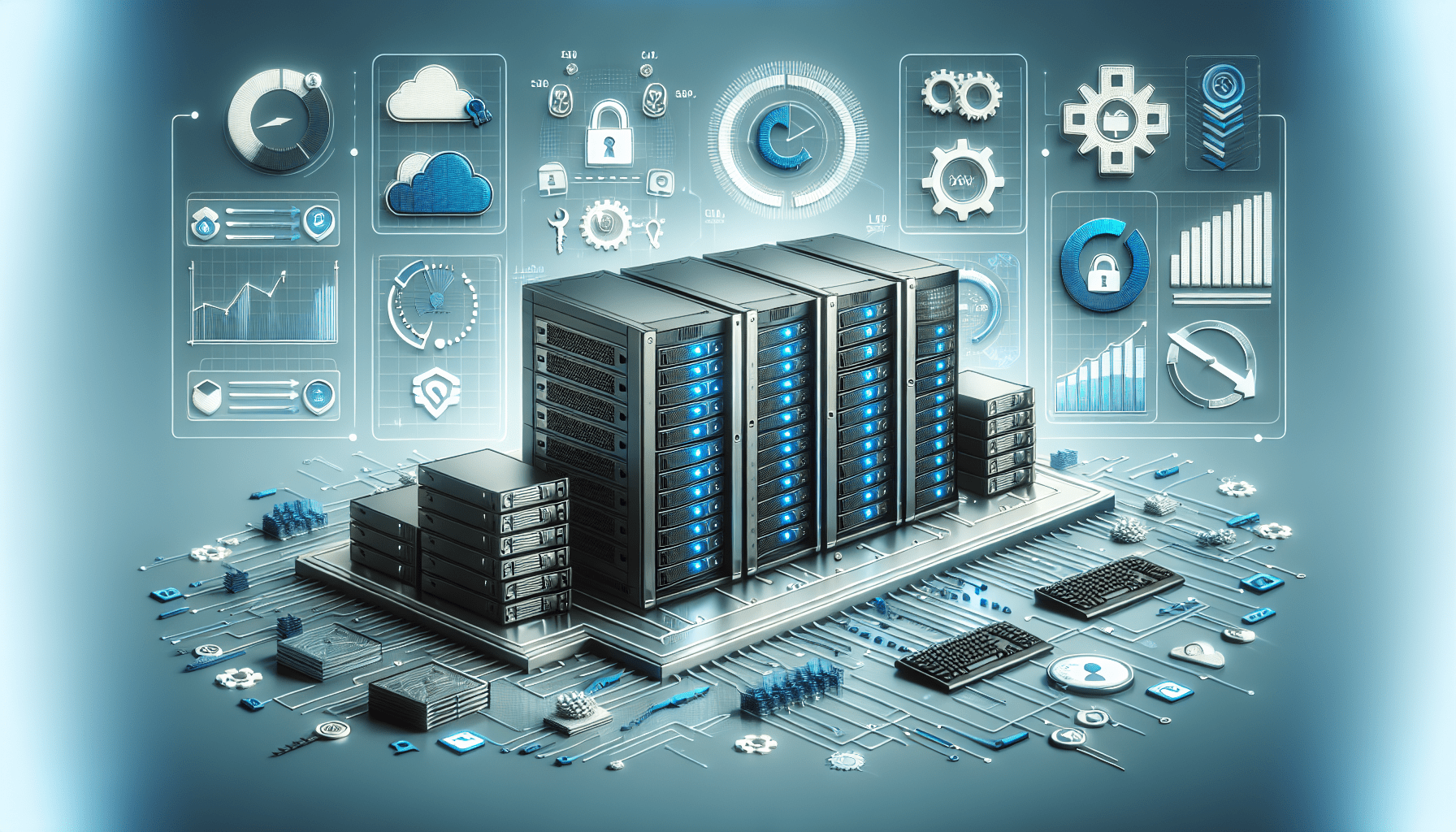You’ve probably heard about the importance of selecting the right data center for your web hosting needs. But with so many options available, how do you know which one is the best fit for you? In this article, we’ll break down the key factors you should consider when choosing a data center for your website.
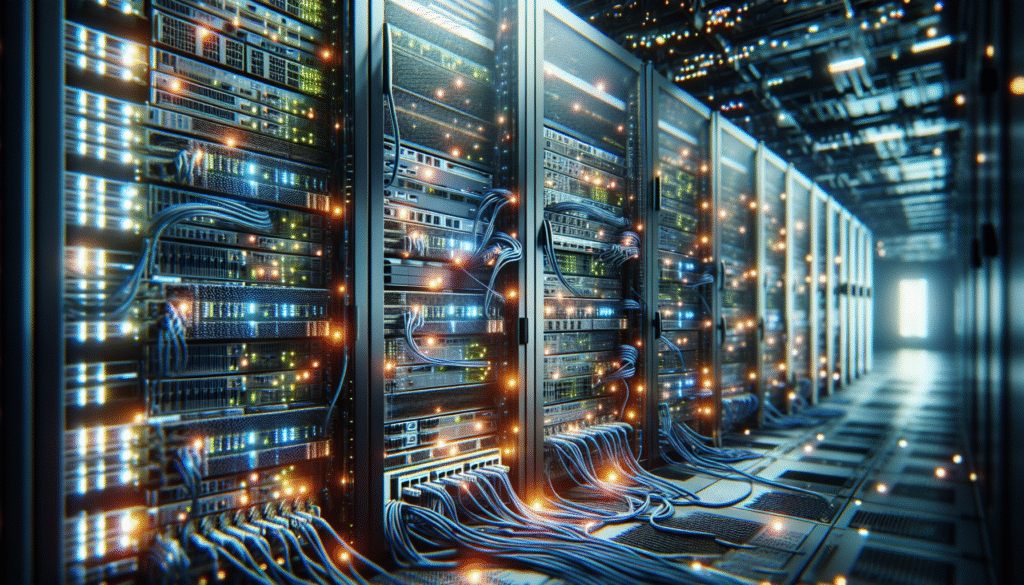
Location
When selecting a data center for your web hosting, one of the key factors to consider is the location of the facility. The physical location of the data center can affect the speed and reliability of your website. Choosing a data center that is close to your target audience can help improve loading times and overall user experience. Additionally, consider factors such as weather patterns and natural disasters in the region that could potentially impact the data center’s uptime.
Proximity to Target Audience
By selecting a data center that is located near your target audience, you can ensure that your website loads quickly for users in that specific geographic area. This can lead to higher customer satisfaction and engagement with your site.
Security
The security of a data center is crucial when it comes to protecting your website and its data from cyber threats and physical breaches. When evaluating data centers, look for facilities that offer robust security measures such as biometric access controls, surveillance cameras, and 24/7 security monitoring. Additionally, inquire about the facility’s compliance with industry standards and regulations to ensure that your data is being handled securely.
Security Measures
Ensuring that the data center you choose has implemented stringent security measures is essential to safeguarding your website and its data. Look for features such as biometric access controls, surveillance cameras, and security monitoring to protect against potential threats.
Redundancy
Redundancy is another important factor to consider when selecting a data center for your web hosting. A reliable data center should have backup systems in place to prevent downtime in case of hardware failure or power outages. Look for facilities that offer redundant power supplies, network connections, and cooling systems to ensure that your website remains accessible at all times.
Backup Systems
Having backup systems in place is critical to minimizing downtime and ensuring the continuous availability of your website. Make sure the data center you choose has redundant power supplies, network connections, and cooling systems to prevent service interruptions.
Scalability
As your website grows, you may need to scale up your hosting resources to accommodate increased traffic and data storage requirements. When choosing a data center, consider its scalability options to ensure that you can easily upgrade your hosting plan as needed. Look for facilities that offer flexible hosting packages and the ability to quickly scale up your resources without experiencing downtime.
Flexible Hosting Packages
Opting for a data center that offers flexible hosting packages allows you to easily scale up your resources as your website grows. This flexibility ensures that you can meet the demands of your expanding user base without any disruptions to your website’s performance.

Connectivity
The connectivity options available at a data center can impact the speed and reliability of your website. Look for facilities that offer multiple network carriers and redundant connections to ensure that your website remains accessible even in the event of a network outage. Additionally, consider the availability of high-speed internet connections and peering agreements with major ISPs to improve the performance of your website.
Network Carriers
Choosing a data center with multiple network carriers can help ensure that your website remains accessible even in the event of a network outage. Redundant connections provide added reliability and prevent service interruptions for your site.
Service Level Agreement (SLA)
When evaluating data centers, be sure to review the service level agreement (SLA) offered by the facility. The SLA outlines the terms of service, including uptime guarantees, support response times, and compensation for downtime. Look for data centers that offer a solid SLA with high uptime guarantees to ensure that your website remains online and accessible to users.
Uptime Guarantees
Data centers that provide high uptime guarantees are essential for ensuring that your website remains accessible to users at all times. Review the SLA to understand the facility’s commitments regarding uptime and the compensation offered in case of downtime.
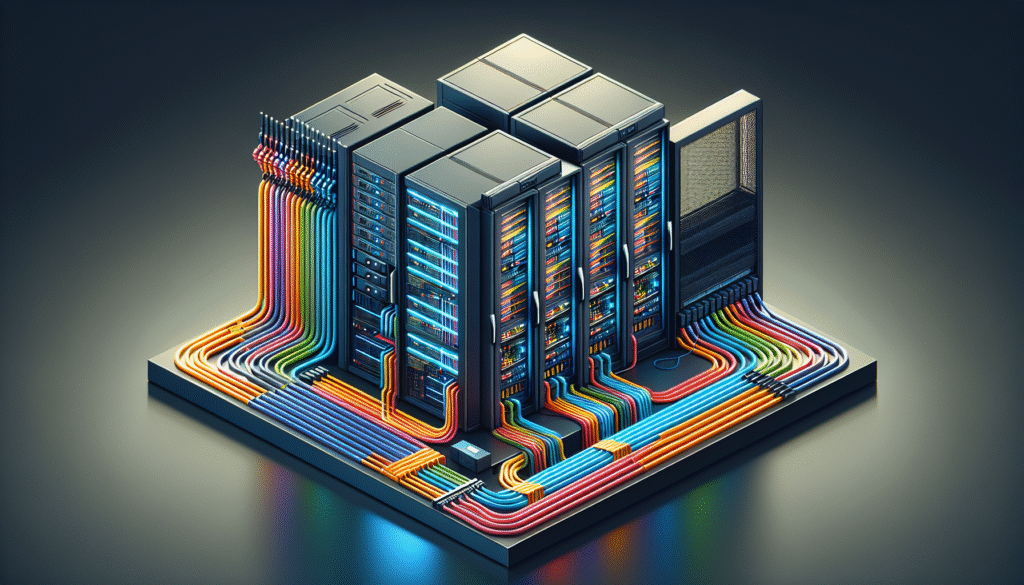
Environmental Controls
Environmental controls are essential for maintaining the optimal operating conditions within a data center. Look for facilities that offer features such as temperature and humidity control, fire suppression systems, and environmental monitoring to protect your equipment from damage and ensure the uninterrupted operation of your website.
Temperature and Humidity Control
Maintaining the right temperature and humidity levels within a data center is crucial to prevent equipment overheating and malfunctions. Look for facilities that offer advanced environmental controls to create optimal conditions for your servers and networking equipment.
Cost
When selecting a data center for your web hosting, cost is an important factor to consider. Evaluate the pricing structure of different data centers and compare the features and services included in each package. Keep in mind that the cheapest option may not always be the best choice, as you may sacrifice quality and reliability for a lower price.
Pricing Structure
Comparing the pricing structure of different data centers can help you find the best value for your hosting needs. Consider the features and services included in each package to ensure that you are getting the most out of your investment.
In conclusion, selecting the right data center for your web hosting needs requires careful consideration of various factors such as location, security, redundancy, scalability, connectivity, SLA, environmental controls, and cost. By analyzing these key factors and choosing a data center that aligns with your requirements, you can ensure the optimal performance and reliability of your website.
